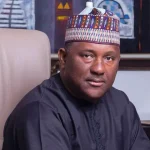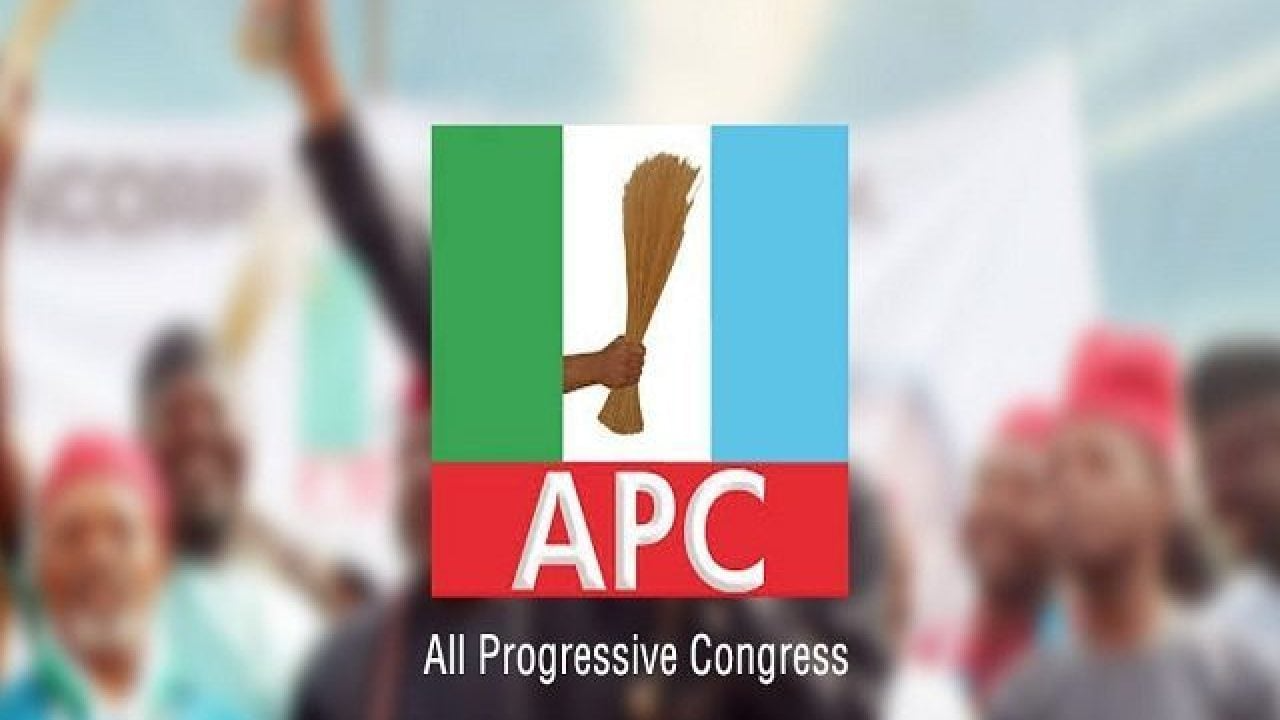Mali, Niger, and Burkina Faso will officially leave the Economic Community of West African States on Wednesday, marking the end of a one-year withdrawal process initiated by the military regimes ruling the three nations.
In January 2024, the three countries formally informed ECOWAS of their decision to leave the bloc, citing dissatisfaction with the organization’s handling of their political and security challenges. ECOWAS required a one-year notice, which expires on January 31, 2025.
The nations, now united under the Alliance of Sahel States (AES), have accused ECOWAS of imposing “inhuman, illegal, and illegitimate” sanctions following military coups in their countries. They also argue that ECOWAS has failed to adequately support their fight against jihadist violence, accusing the bloc of being influenced by France, their former colonial ruler.
The AES has announced plans to introduce a common passport on Wednesday and establish a unified army of 5,000 soldiers to combat jihadist threats in the region.
“We are building a strong and united front to address the challenges in the Sahel region,” a statement from the alliance leaders said.
The withdrawal of these founding members has weakened ECOWAS, with experts warning that the bloc’s ability to address political crises in the region has been significantly reduced.
“The loss of these countries will undermine ECOWAS’s capacity to mediate conflicts and respond to security challenges,” said Gilles Yabi, founder of the West African think tank Wathi.
Tensions between AES countries and their ECOWAS neighbors have already surfaced. Niger, for example, has accused Benin and Nigeria of hosting jihadist bases and supporting destabilization efforts. Both countries have denied these allegations.
Togo and Ghana have begun engaging with the AES, signaling possible shifts in regional alliances. Togo’s foreign minister hinted at the possibility of joining the AES, while Ghana’s newly elected president, John Dramani Mahama, has opened dialogue with the Sahelian bloc.
“The AES is positioning itself as an alternative to ECOWAS, arguing that the current framework is not working,” said Rinaldo Depagne, deputy Africa director at the International Crisis Group.
The situation has sparked discussions about the need to reform ECOWAS. Some leaders and analysts have suggested that the bloc should return to focusing on economic cooperation rather than enforcing democratic principles.
“ECOWAS must evolve to address the realities of the region,” said a former West African minister. “The AES could even serve as a model for a reformed ECOWAS.”
Despite the division, experts have stressed the importance of maintaining economic and security ties between ECOWAS and the AES to address shared challenges, including the ongoing jihadist violence that has devastated Mali, Niger, and Burkina Faso and is spreading to coastal countries like Benin and Togo.










